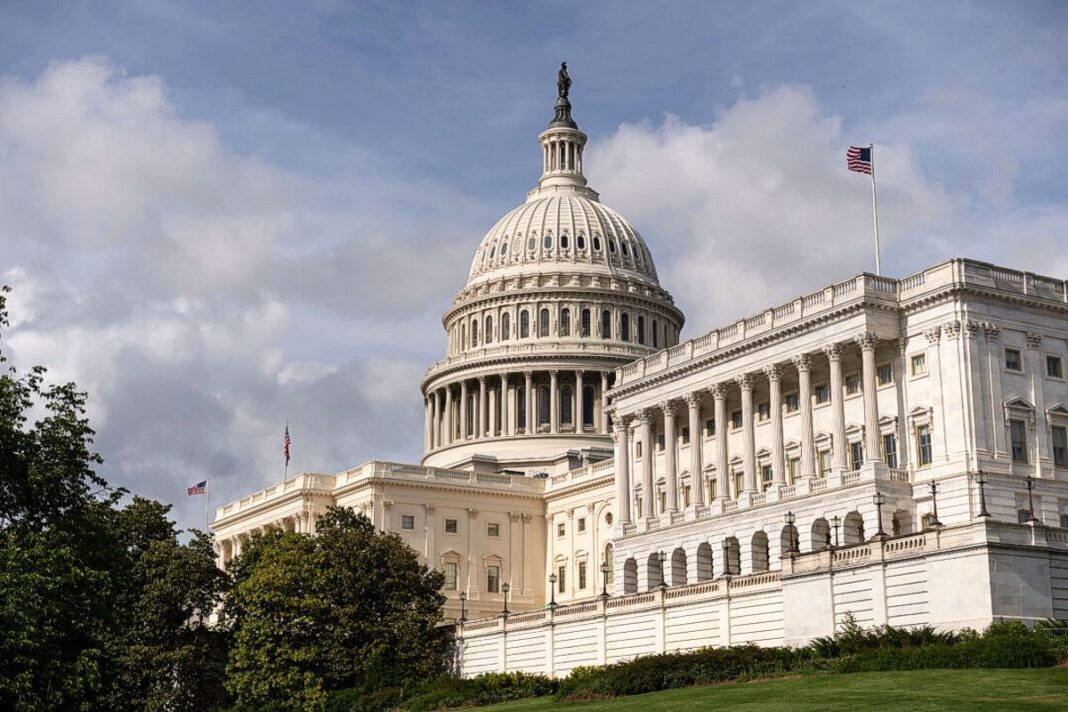The tax bill includes Trump’s campaign promises like no tax on tips and overtime. It also increases the the state and local tax deduction cap to $30,000.
The House Ways and Means Committee, which manages taxes, released the full 389-page text of the long-awaited multi-trillion-dollar Republican tax plan on May 12.
The legislation, which President Donald Trump called “the one big beautiful bill,” proposes lowering taxes by more than $4 trillion and cutting spending by $1.5 trillion over a decade. It would also raise the federal government’s borrowing limit to $4 trillion.
“Ways and Means Republicans have spent two years preparing for this moment, and we will deliver for the American people,” committee chair Jason Smith (R-Mo.) said in a statement. “Pro-family, pro-worker tax provisions are the heart of President Trump’s economic agenda.”
A key aspect of the broader tax agenda is permanently extending the list of lower income tax rates introduced in the 2017 Tax Cuts and Jobs Act.
Although the president and House Speaker Mike Johson (R-La.) suggested tax hikes for wealthy Americans, the text does not increase the individual income tax rate on affluent earners or introduce a so-called millionaire’s tax. Instead, the bill would permanently keep the 37 percent top rate for individuals intact.
The tax-writing committee’s bill would allow unincorporated businesses to deduct up to 22 percent of qualified business income, up from 20 percent. Additionally, the estate and gift tax exemption is increased to $15 million and will be indexed to inflation.
Senior administration officials, including Treasury Secretary Scott Bessent, have emphasized the importance of making the 2017 tax law permanent.
“The 2017 Tax Cuts and Jobs Act provided a substantial, non-inflationary impetus to the economy, which resulted in real wage gains on a non-inflationary basis for the American people and a robust economy,” Bessent said at a recent congressional hearing.
Without extending the Trump-era tax cuts, nearly two-thirds of taxpayers could see higher taxes in 2026, economists say.
“If Congress does nothing, most Americans will face higher taxes, worse incentives for work and investment, and a more complicated tax system starting in 2026,” Tax Foundation economists said in a March 2024 report.
By Andrew Moran








